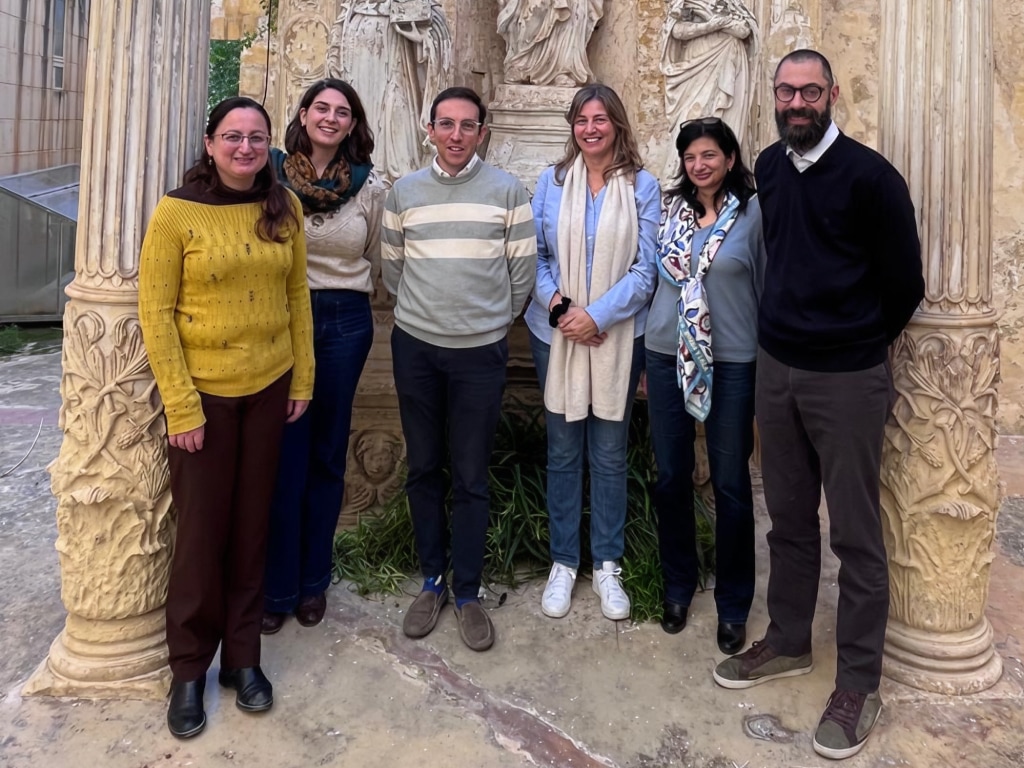
The Justice and Peace Commission within the Archdiocese of Malta was founded in 1986 by Archbishop Joseph Mercieca. Mr Abel Giglio was appointed as the first president of the commission. Other past presidents include Mr Godfrey Leone Ganado and Mr Roderick Agius. Over the years the commission was honored with the input and participation of several members, but its principle responsibilities have remained the same, that to educate, assist the local Church in its evangelic teaching, while ensuring that human dignity, peace, justice and solidarity are safeguarded within our evolving society.
Following a short hiatus in its operations, the commission was re-established in 2017 by Archbishop Charles J. Scicluna, appointing Perit Daniel Darmanin as its president, together with the nomination of a new board for the commission. The renewed commission has worked, and continues to work, on the work done previously whilst responding to the current signs of the time.
Over the years the commission published a number of books, articles and position papers. It also held seminars and events, while also participating in numerous fora and occasions. The commission is also active in the network of European Justice and Peace Commissions.
Vision
A society in which the human dignity and the human rights of all – and especially those of the most vulnerable – are respected, and a culture of waste is replaced by a culture of encounter which helps us recognize each other as brothers and sisters.
Mission
The mission of Justice and Peace is that of “keeping the eyes of the Church open, its heart sensitive and its hand prepared for the work of charity which it is called upon to realize in the world.” (Paul VI, Address to the Pontifical Commission for Justice and Peace, 1967).
The Justice and Peace Commission in Malta fulfils this Mission by promoting the integral development of the person in the light of the Gospel and in line with the Social Doctrine of the Church. It focuses on issues of justice and peace in the belief that personal and communal wellbeing can only be achieved in the context of just and peaceful relationships which respect the limits of our common home.
To this end, we:
Style
- Collaborate with all persons of good will to creatively imagine and work towards a more just, peaceful and inclusive society.
- Embrace that kind of radical hope that positions us in a hopeless place where we can courageously give witness with our lives to the transforming force of the Gospel.
Critical Conscience
- Call for the personal and communal conversion which is required to repair our broken relationships with God, each other and creation, in a journey of reconciliation and restoration of trust.
Our hopes for society
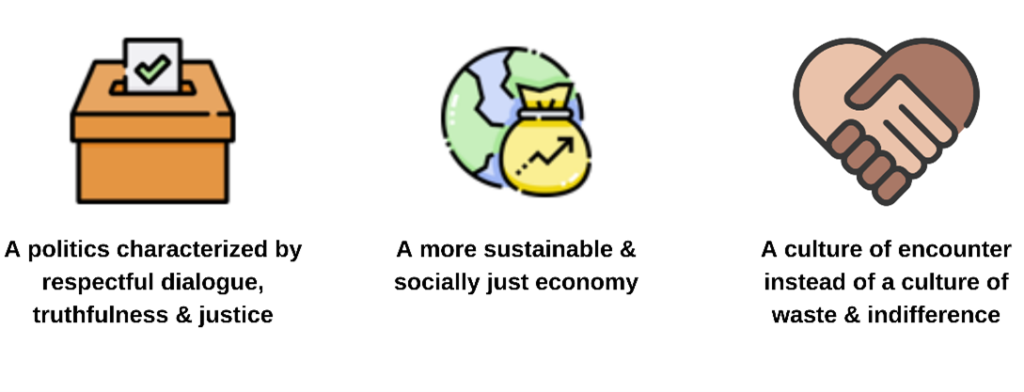
Objectives 2022-2024
A politics characterised by respectful dialogue, truthfulness and justice
- Challenge the current political system and processes by analysing the current scenario and proposing alternative systems based on existing models and the principles of Catholic Social Teaching.
- React to key incidents which highlight the shortcomings or good practices of our system.
- Identify leaders/decision makers with whom we can build relationships and engage in dialogue.
- Provide formation for civic/political engagement with a particular focus on the younger generations.
A more sustainable and socially just economy
- In the light of the “Beyond GDP” report, examine what generates Malta’s GDP.
- Contribute towards the development of a wellbeing standard against which new policies can be measured/evaluated.
- Following the indications of Laudato Si and Fratelli Tutti, create greater awareness on societal and environmental boundaries which need to be understood and respected.
A culture of encounter instead of a culture of waste and indifference
- Identify the tensions in the community that create the ‘other’.
- To counteract a culture of antagonism, polarization and superficiality, promote collaborative approaches to politics by creating safe spaces for dialogue and intelligent debate.
- Challenge an abusive system that fails to recognize human dignity and environmental limits, in the context of profit-driven system in which everyone is replaceable and disposable.
Our spheres of work
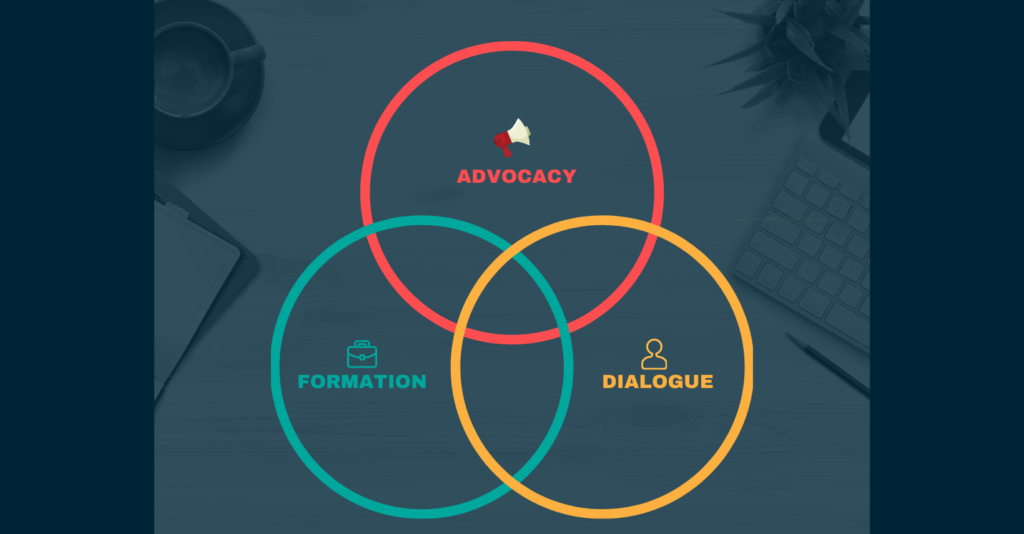
Audiences
Church:
- Given that the very purpose of Catholic Social Teaching is to apply Christian principles rooted in Scripture to pressing social issues, we seek to advise Church leaders in Malta on matters relating to social justice, whilst offering to all followers of Christ a moral compass on how to make present in our broken world the justice and peace of God.
Policymakers:
- Inspired by God’s special love for those on the margins, we seek to promote our hopes for society by influencing policymakers and entering into a meaningful and informed dialogue with all those stakeholders who continuously shape society with their political and economic decisions.
All people of good will:
- Whilst forming an essential part of Catholic faith and practice, the principles of Catholic Social Teaching are addressed to all “people of good will” and as such, we seek to foster a culture of respectful dialogue and collaboration with all those agents of change who not only resist unjust structures and policies, but actively undertake to transform them.
Commission Members
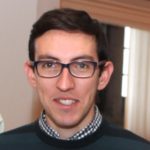
Daniel Darmanin
PRESIDENT
Graduated with honours from the University of Malta in Architecture and Civil Engineering in 2007 and worked with Architecture Project and the Department of Contracts before setting up his own Architectural Practice. His passion for social justice and sustainable development led him to undertake a Master of Arts degree in Social Justice & Community Development at Loyola University, Chicago.
From a young-age Daniel has also been involved in the voluntary sector and has served in various roles in the community at both parish and diocesan level. In September 2017 Daniel was appointed by Archbishop Charles J. Scicluna as the President of the Diocesan Commission of Justice & Peace. In 2018, Daniel was elected by the conference of European Justice and Peace commissions to serve on the executive council of this organisation.
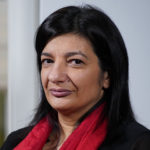
Katrine Camilleri
MEMBER
A Maltese lawyer and director of the Jesuit Refugee Service in Malta, Katrine is also one of three winners of the Roland Berger Human Dignity Award. The Award is conferred for outstanding achievements or initiatives that, in line with the Foundation’s charitable objectives, succeed in promoting human dignity and human rights and thus encourage a climate of peace and respect in which all people in the world can live together.
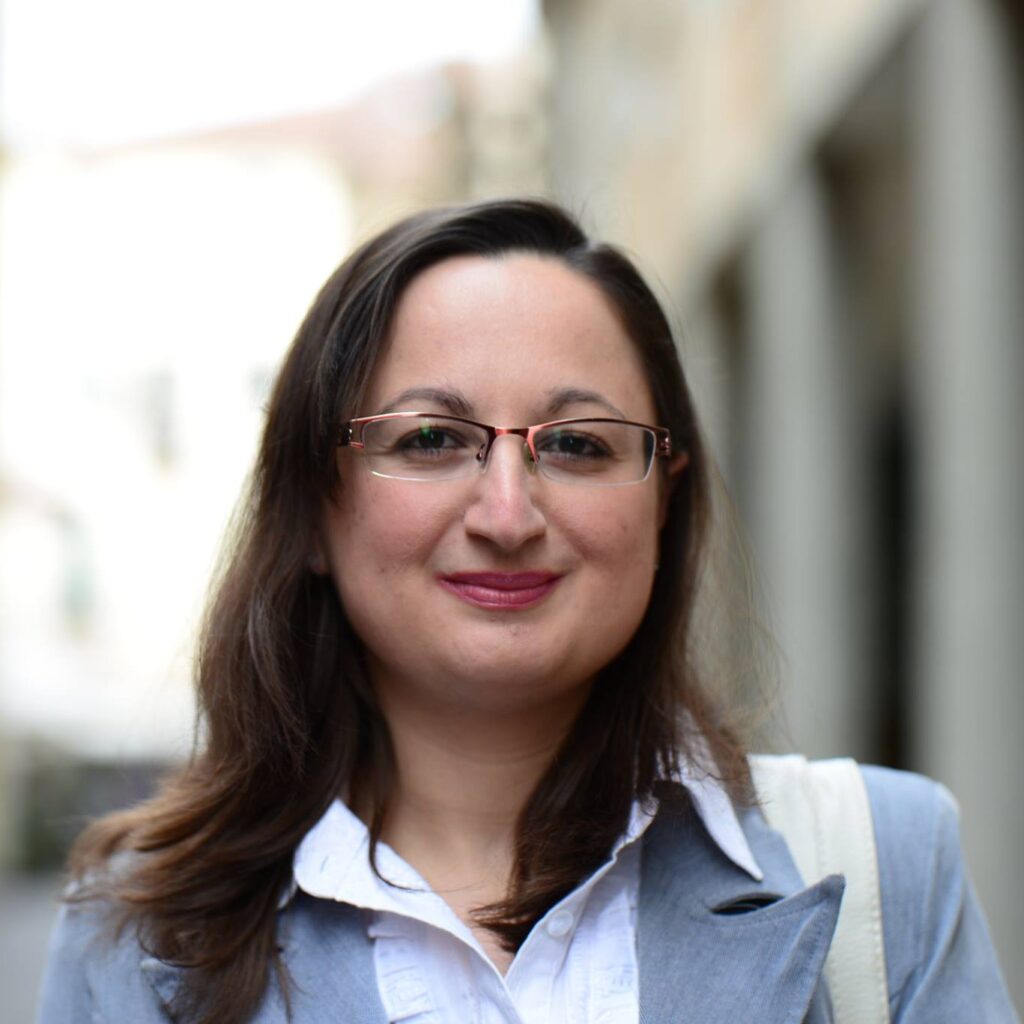
Maria Cardona
MEMBER
Maria Cardona graduated in the natural sciences from the University of Malta in 2009 and recently received her doctorate in Chemistry from the University of Padova in Italy. Currently, she forms part of a team of Senior Research Officers tasked with supporting research at MCAST . Maria always had community work at heart and engaged in various voluntary work experiences both locally and abroad. She has also been involved in a number of pastoral activities at a parish level for several years. Maria is interested in understanding the impact that scientific and technological developments have on society.
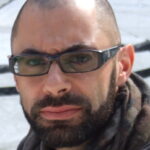
Ivan Cauchi
MEMBER
Ivan, a father of three, holds the position of Senior Lecturer at MCAST. He is actively involved in overseeing vocational degree classes and dissertations whilst delivering modules related to economics and public policy. Outside academia, Ivan is a contributor to the MSSP lay community, shaping the sacristy ministry and youth outreach at the MSSP Oratory, for nearly a decade. A distinctive aspect of Ivan’s academic focus lies in his commitment to ongoing research and publication within the domain of ‘Happiness Economics’.
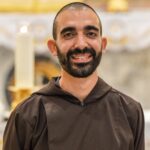
Ryan Dalli
MEMBER
Brother Ryan OFM Cap has been a Franciscan Capuchin Friar for the past seven years. He is fond of religious life and its prophetic calling in the world. He emphasizes the intersection between leading a life of faith and social justice. All this in the footsteps of Francis of Assisi.
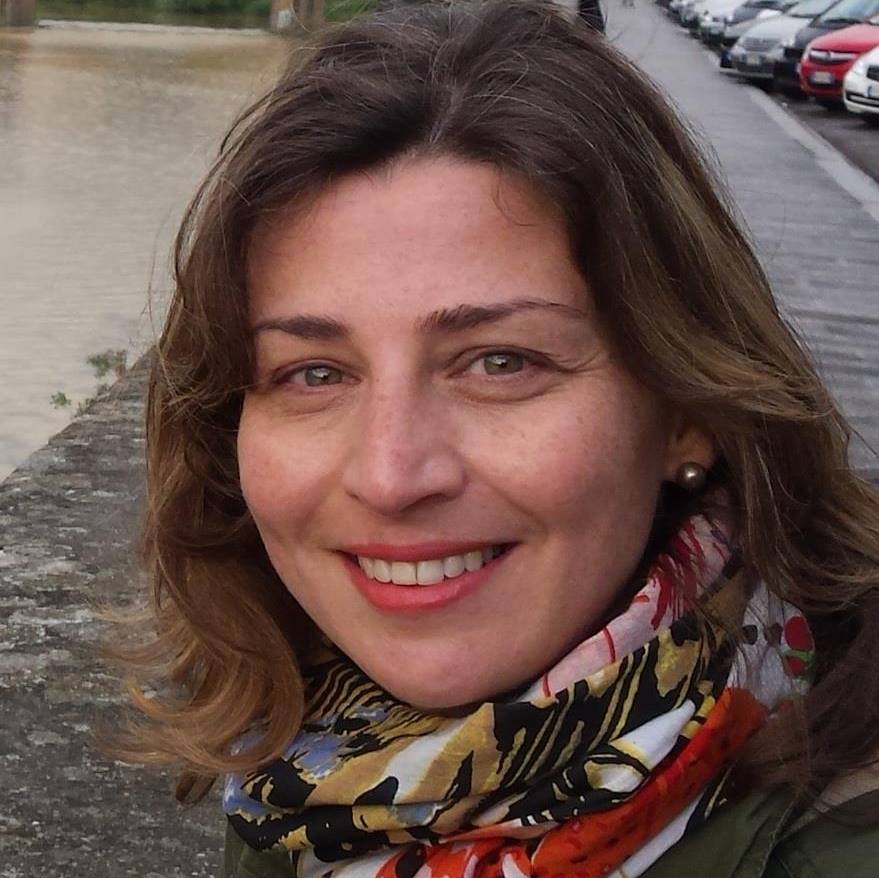
Daniela Debono
MEMBER
Daniela is the Head of Department of Anthropology and an Associate Professor at the University of Malta. She has previously taught and carried out research at Malmö University in Sweden, the European University Institute in Florence/Italy, and at the University of Sussex in the UK – focusing on detention and deportation of migrants, search and rescue in the Mediterranean and the management of migrant reception in Sicily, Lampedusa and Malta. Locally she has volunteered with JRS Malta, Caritas, Kopin, Żgħażagħ Ħaddiema Nsara and the Coalition for the El Hiblu 3.
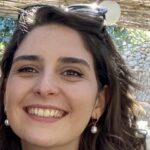
Anne Farrugia
MEMBER
After graduating as a lawyer, Anne obtained a Masters in Social Work and is currently working as a social worker at Hospice Malta. She is also an active member of the Christian Life Community (CLC).


